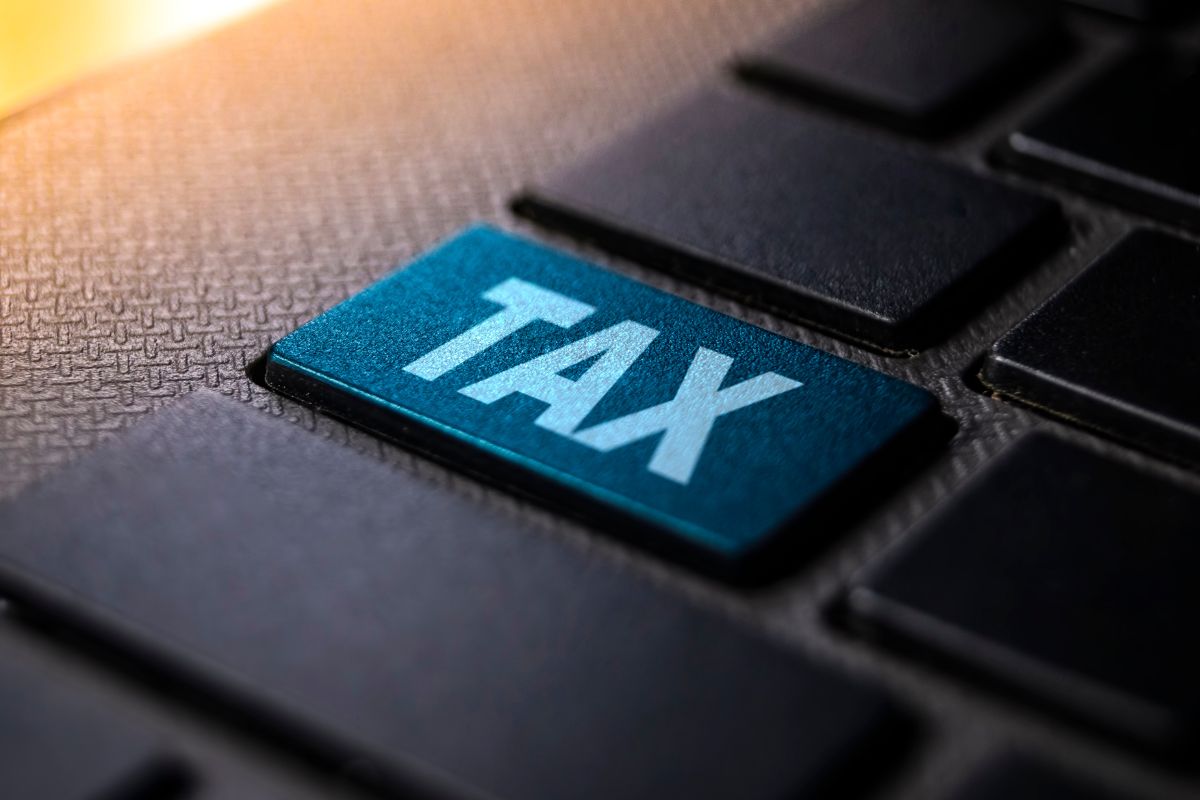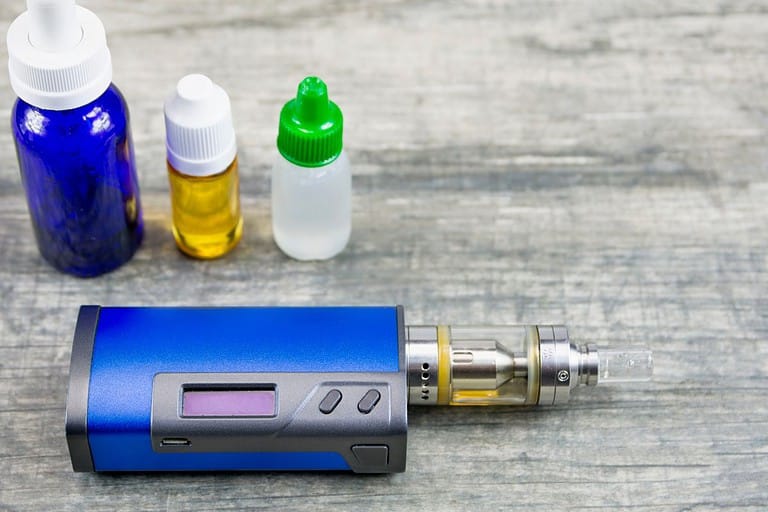Vaping Taxes in the United States and Around the World
Vaping has become increasingly popular in recent years, with millions of people around the world using electronic cigarettes as a healthier alternative to smoking.
However, governments around the world have started imposing taxes on vaping products to curb their usage and to generate revenue for their respective countries.
This article will explore the impact of vaping taxes in the United States and around the world.
Table of Contents
Introduction
Vaping is a trend that has swept the world by storm. E-cigarettes are devices that heat up a liquid (e-juice) to produce an aerosol, which is then inhaled.
They have become popular due to their perceived health benefits compared to traditional tobacco products.
However, governments have taken note of their increased usage and have started imposing taxes on them to curb their usage.
NEW CUSTOMER DISCOUNT
Save 15%
15% OFF YOUR ENTIRE ORDER FOR NEW CUSTOMERS USE CODE WELCOME15!
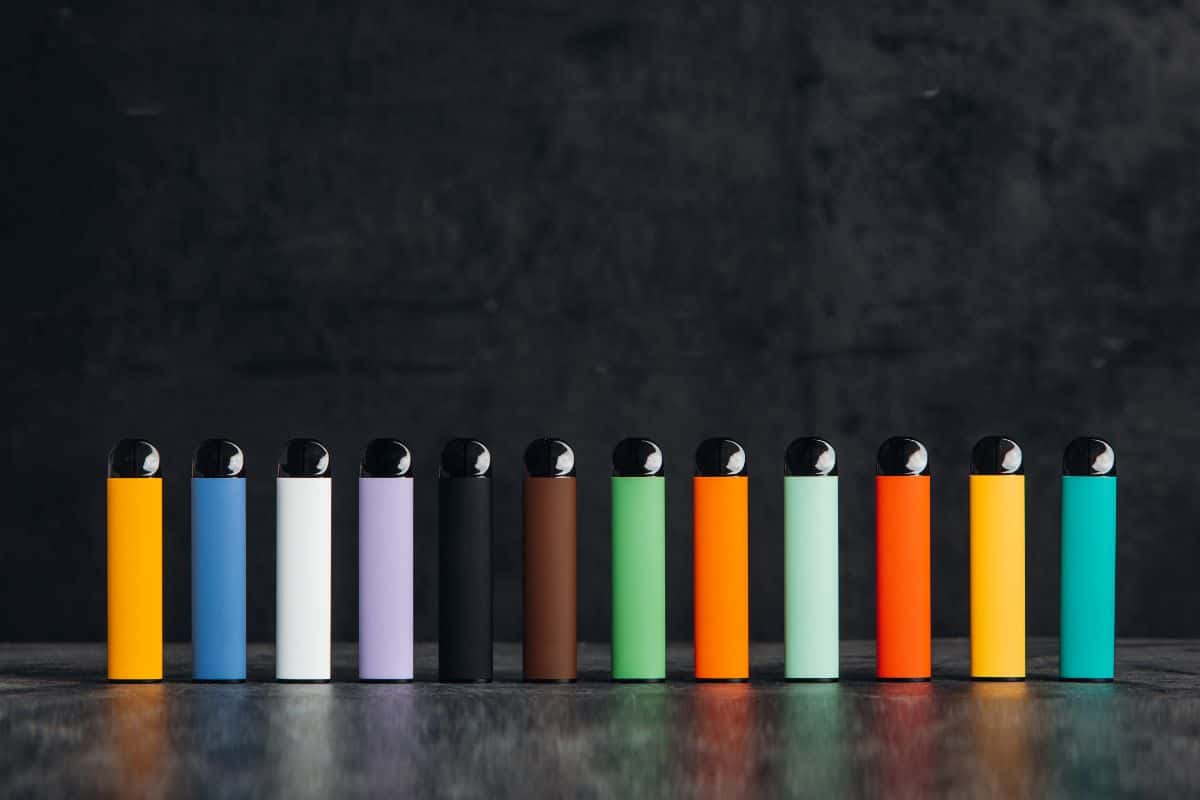
The History of Vaping Taxes
The idea of taxing vaping products has been around for a while.
In 2016, Pennsylvania became the first state to impose a tax on e-cigarettes, followed by other states such as Kansas, Louisiana, and North Carolina.
The taxes varied from state to state, with some imposing a percentage tax on the wholesale price, while others imposed a flat fee per milliliter of e-juice.
In 2019, the federal government raised the minimum age for purchasing vaping products to 21, but left the decision of imposing taxes to the individual states.
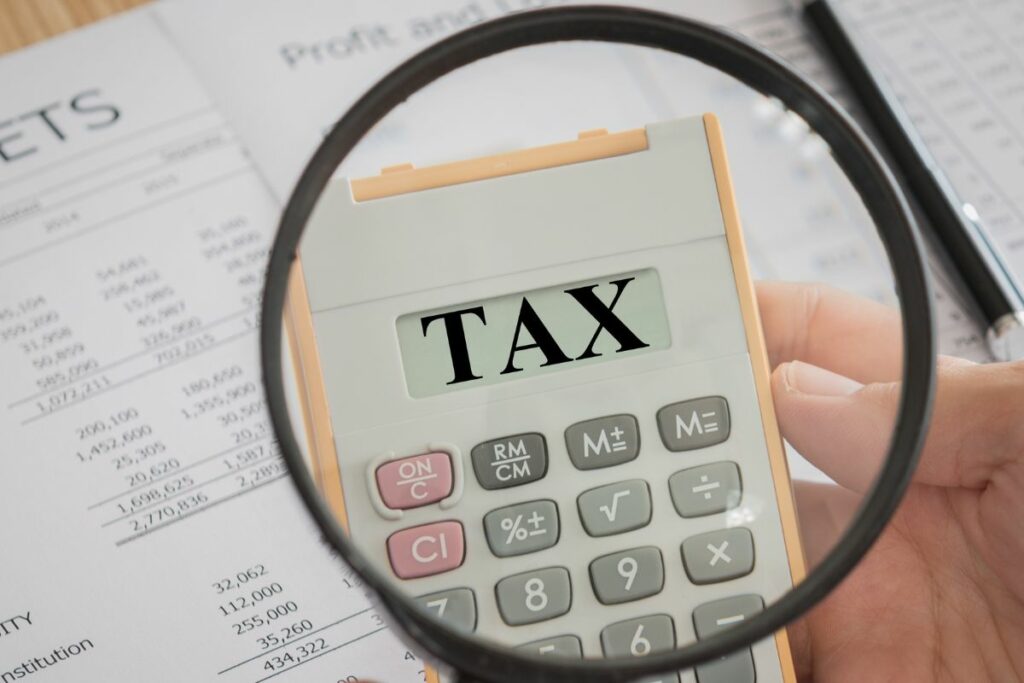
Vaping Taxes in the United States
As of 2023, 29 states and the District of Columbia have imposed taxes on vaping products.
The taxes vary from state to state, with some imposing percentage taxes on the wholesale price, while others impose a flat fee per milliliter of e-juice.
For example, California imposes a 59.27% tax on the wholesale price of vaping products, while New Jersey imposes a $0.10 per milliliter tax on e-juice.
The taxes have generated significant revenue for the states. For example, in 2019, Pennsylvania collected $13.7 million in taxes from vaping products.
However, some experts argue that the taxes may have unintended consequences. For example, they may encourage consumers to turn to the black market for cheaper products, which may not meet safety standards.
Vaping Taxes Around the World
Vaping taxes are not unique to the United States. Countries around the world have started imposing taxes on vaping products.
In 2020, the United Kingdom imposed a tax on vaping products, with a rate of 16.5% of the retail price. The tax was imposed to discourage teenagers from taking up vaping, as well as to generate revenue for the country.
Canada has also imposed taxes on vaping products. In 2021, the country imposed a tax of $0.003 per milliliter of e-juice.
The tax was imposed to help fund public health initiatives aimed at curbing smoking and vaping among youth.
In some countries, such as Australia and New Zealand, vaping products are heavily regulated, but not taxed.
In Australia, for example, it is illegal to sell nicotine e-juice, while in New Zealand, vaping products are only available through prescription.
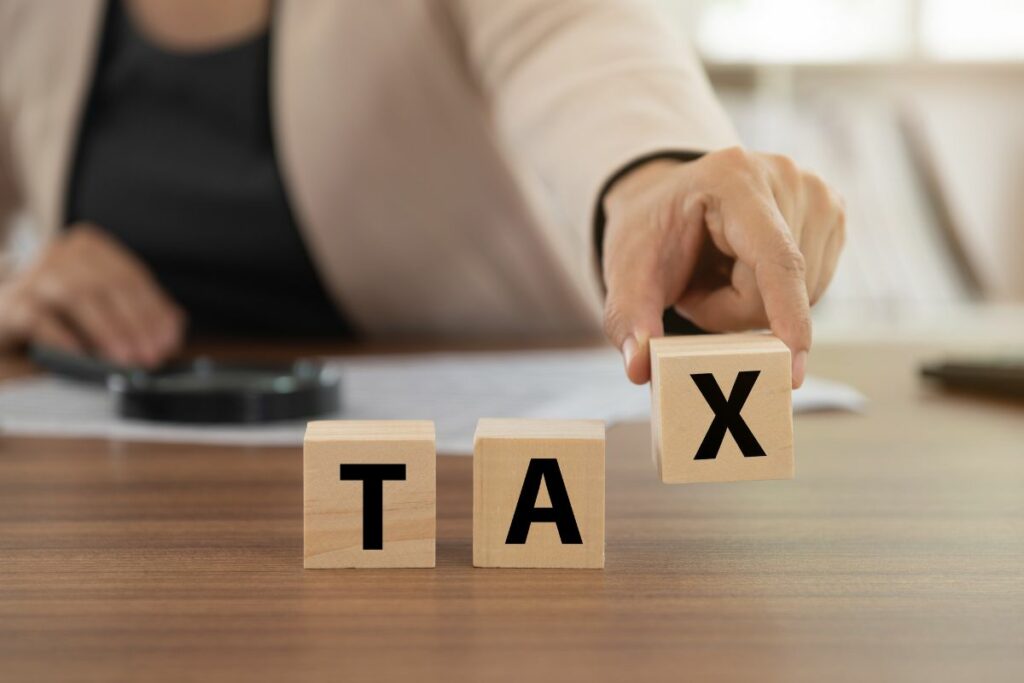
Conclusion
Vaping taxes have become increasingly common around the world, as governments seek to curb their usage and generate revenue.
While the taxes have generated significant revenue, experts warn that they may have unintended consequences, such as encouraging consumers to turn to the black market for cheaper products.
As vaping continues to grow in popularity, it remains to be seen how governments around the world will continue to regulate and tax the industry.
Browse popular vape collections:
- Nicotine Disposables
- 2000 Puff Nicotine Disposable Vapes
- 2500 Puff Nicotine Disposable Vapes
- 5000 Puff Nicotine Disposable Vapes
- 6000 Puff Disposable Nicotine Vapes
- 7000 Puff Nicotine Disposable Vapes
- Disposable Vape Deals
- Best Vape Brands
- 8000 Puff Nicotine Disposable Vapes
- 9000 Puff Nicotine Disposable Vapes
- 5% Nicotine Disposable Vapes
- Rechargeable Nicotine Disposable Vapes
- Vape Coils
- Dab Wax Pens
- Dab Wax Pen Battery
- Yocan Vapes
- Vape Cases
FAQs about taxes on vaping products
Why are governments imposing taxes on vaping products?
Governments are imposing taxes on vaping products to curb their usage and to generate revenue for their respective countries.
How many states in the US have imposed taxes on vaping products?
As of 2023, 29 states and the District of Columbia have imposed taxes on vaping products.
What are the unintended consequences of vaping taxes?
Vaping taxes may encourage consumers to turn to the black market for cheaper products, which may not meet safety standards.
Are vaping products heavily regulated in other countries?
Yes, some countries such as Australia and New Zealand heavily regulate vaping products, but do not impose taxes on them.
Why did the UK impose a tax on vaping products?
The UK imposed a tax on vaping products to discourage teenagers from taking up vaping and to generate revenue for the country.
Resources:
- https://www.hopkinsmedicine.org/health/wellness-and-prevention/5-truths-you-need-to-know-about-vaping
- https://en.wikipedia.org/wiki/Electronic_cigarette
- https://www.nhs.uk/better-health/quit-smoking/vaping-to-quit-smoking/
- https://www.urban.org/policy-centers/cross-center-initiatives/state-and-local-finance-initiative/state-and-local-backgrounders/cigarette-and-vaping-taxes

